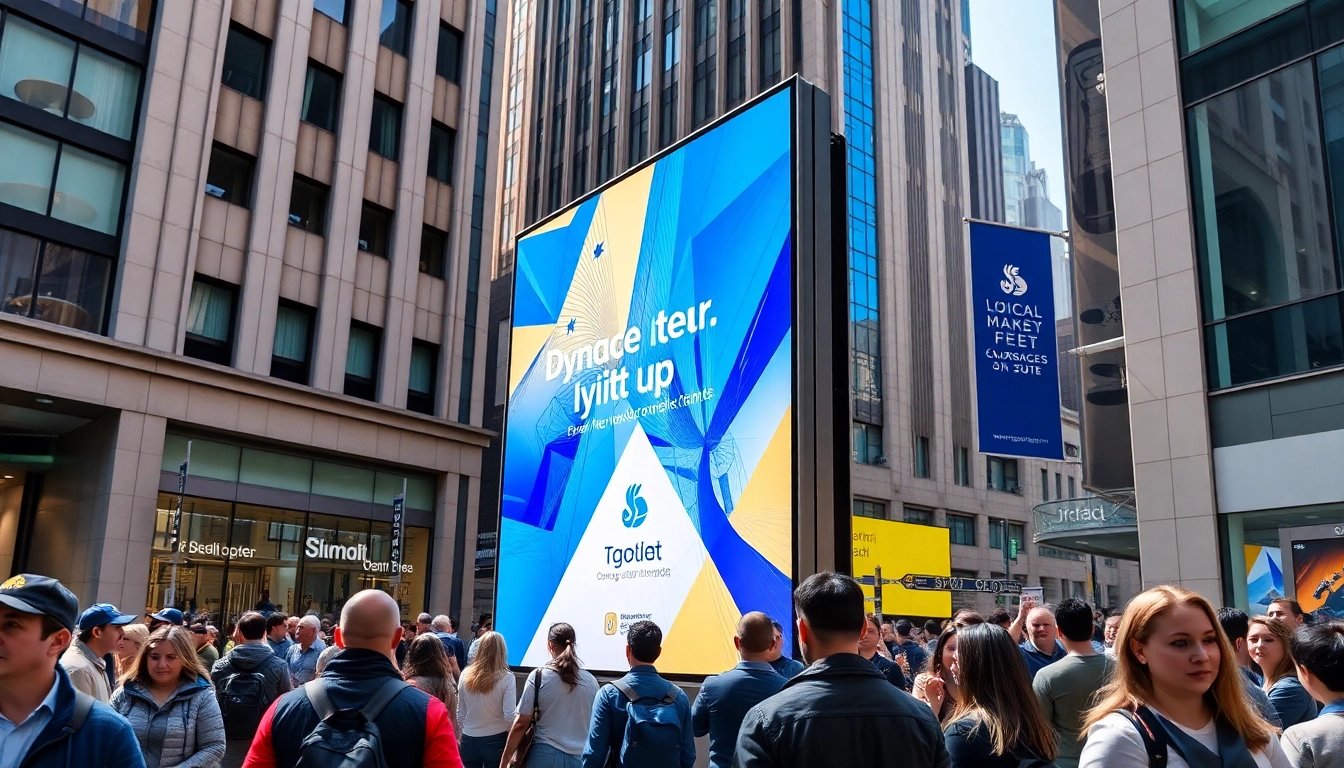
The Power of a Digital Signage CMS in Modern Marketing
In the fast-paced world of marketing, businesses need tools that deliver information quickly and in an appealing way. A Digital Signage CMS is one of the most effective solutions for this challenge. It allows businesses to manage, schedule, and display content on screens across different locations with just a few clicks. Whether you operate a small store or a large retail chain, a Digital signage CMS provides the flexibility and efficiency you need to keep customers informed and engaged.
The beauty of a Digital Signage CMS is that it centralizes control. This means marketing teams can instantly update promotions, product information, or special offers without physically visiting each location. The ability to adapt in real-time is invaluable in today’s competitive market, where customer attention is fleeting, and first impressions matter more than ever.
Enhancing Customer Experience Through Visual Engagement
A Digital Signage CMS helps transform ordinary spaces into dynamic, interactive environments. Instead of static posters or outdated printed materials, businesses can display high-definition videos, animations, and interactive elements. This creates an engaging experience that captures the attention of passersby and encourages them to interact with your brand.
Retailers, restaurants, and service providers are increasingly turning to a Digital Signage CMS because it enables them to tailor messages to specific audiences. For example, a café can use its Digital Signage CMS to display breakfast specials in the morning, lunch deals at midday, and happy hour promotions in the evening. This level of customization makes marketing more relevant and effective, leading to increased sales and customer loyalty.
Centralized Control for Multiple Locations
Managing multiple locations can be a logistical challenge, but a Digital Signage CMS solves this problem by offering centralized control. Businesses can log into the system from anywhere in the world, make changes to the content, and instantly broadcast updates across all connected screens. This ensures brand consistency and saves time compared to manual updates.
For franchises and corporate chains, this is especially valuable. A single marketing team can oversee all signage across hundreds of stores, ensuring that the same promotions, seasonal campaigns, and branding elements are displayed everywhere. A Digital Signage CMS also allows for localized variations, giving each store the flexibility to highlight its own events or community initiatives without losing overall brand identity.
Real-Time Updates for Timely Messaging
One of the key advantages of a Digital Signage CMS is the ability to push updates instantly. If a store runs out of stock for a promoted product, the marketing team can quickly replace that ad with a different offer. Similarly, during sudden weather changes, restaurants can promote warm beverages or seasonal treats in real-time.
This flexibility is essential in industries where timing is critical. Hotels, for example, can use their Digital Signage CMS to inform guests of daily events, changes in schedules, or last-minute offers. This keeps customers informed and increases the likelihood of participation in services and promotions.
Integrating Digital Signage CMS with Interactive Features
Modern Digital Signage CMS platforms often include interactive capabilities, enabling customers to engage directly with the content. Touchscreen displays, QR codes, and social media integration can turn passive viewing into active participation. A retail store might use an interactive display to help customers find products, browse lookbooks, or even check availability in other branches.
Incorporating interactive features not only enhances customer experience but also provides valuable data. By tracking how users interact with the content, businesses can better understand customer preferences and adapt their marketing strategies accordingly. This data-driven approach helps improve the effectiveness of campaigns over time.
Streamlining Internal Communications
A Digital Signage CMS is not just for customer-facing content—it can also play a vital role in internal communications. Businesses can use it to share important updates, safety reminders, training schedules, and company announcements with employees.
In large facilities, such as warehouses or corporate offices, a Digital Signage CMS ensures that everyone receives the same information simultaneously. This improves communication efficiency and reduces the likelihood of miscommunication. It also allows for quick dissemination of urgent alerts, ensuring safety and operational continuity.
Cost Efficiency and Sustainability Benefits
Using a Digital Signage CMS is more cost-effective in the long run compared to traditional print advertising. Businesses save money on printing, shipping, and installation costs for physical materials. Updates are made digitally, which means no waste from outdated posters or flyers.
From a sustainability standpoint, a Digital Signage CMS aligns with eco-friendly initiatives by reducing paper waste and carbon emissions associated with physical marketing materials. This is a growing consideration for businesses aiming to strengthen their corporate social responsibility image while maintaining efficient operations.
Scalability for Growing Businesses
One of the best features of a Digital Signage CMS is its scalability. Whether you’re a single-location store or an expanding franchise, the system can grow with you. Adding new screens or locations is straightforward, and content can be managed from the same centralized platform without any need for complex reconfiguration.
For small businesses, starting with a few screens is often enough to make a noticeable impact. As the business grows, the Digital Signage CMS can seamlessly expand to accommodate new needs. This flexibility ensures that the investment remains relevant and useful for years to come.
The Future of Customer Engagement with Digital Signage CMS
As technology evolves, Digital Signage CMS platforms are becoming even more advanced. Artificial intelligence, predictive analytics, and personalized marketing are being integrated into these systems, allowing businesses to deliver hyper-targeted messages based on real-time data.
In the near future, a Digital Signage CMS could be capable of recognizing customer demographics through anonymous data and tailoring content instantly. For example, a clothing store might display different promotions for a group of teenagers compared to a family with children. This type of personalization will redefine how businesses connect with customers in physical spaces.
Conclusion
A smart Digital Signage CMS is more than just a tool for displaying content—it’s a powerful marketing and communication platform that helps businesses engage customers, improve internal communication, and operate more efficiently. By offering centralized control, real-time updates, interactive features, and scalability, it meets the demands of both small businesses and large enterprises.
As the market becomes increasingly competitive, adopting a Digital Signage CMS can give businesses the edge they need to stand out. Whether used for promotions, information sharing, or entertainment, it creates a dynamic environment that keeps customers coming back and employees informed. In an era where attention is one of the most valuable commodities, a Digital Signage CMS ensures that your message is not only seen but remembered.







